Finding the right book for a book club can be a challenge, especially when trying to balance engaging content with thought-provoking themes. These eight non-fiction books offer compelling narratives, rich discussions, and insights that are perfect for sparking lively conversations at your next book club meeting.
“Educated” by Tara Westover
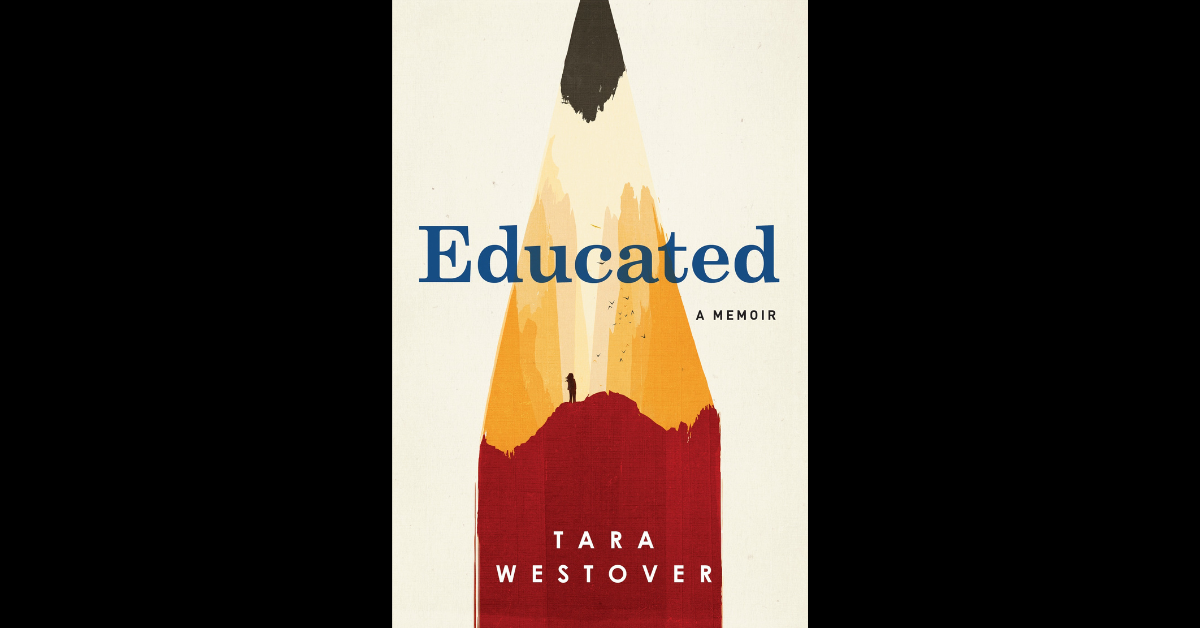
Tara Westover’s memoir, “Educated,” chronicles her journey from growing up in a strict, survivalist family in rural Idaho to earning a PhD from Cambridge University. This powerful story of self-discovery and the transformative power of education raises important questions about family, faith, and the cost of pursuing one’s dreams. Westover’s resilience and determination will inspire and provoke deep discussion among readers.
“Becoming” by Michelle Obama

In “Becoming,” former First Lady Michelle Obama shares her life story, from her childhood on the South Side of Chicago to her years in the White House. Her memoir provides a candid and intimate look at her experiences, challenges, and triumphs, offering insights into her role as a mother, wife, and public figure. This book’s themes of identity, resilience, and advocacy make it an excellent choice for book club discussions.
“Sapiens: A Brief History of Humankind” by Yuval Noah Harari
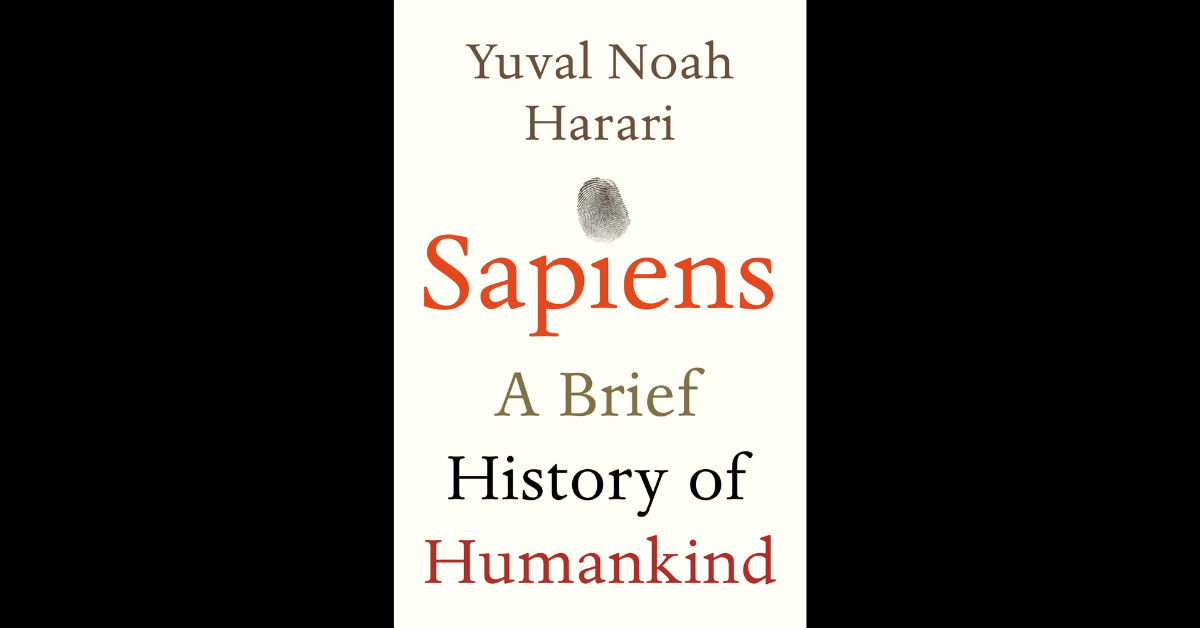
Yuval Noah Harari’s “Sapiens” takes readers on a sweeping journey through the history of the human species, from the emergence of Homo sapiens to the present day. Harari explores key developments in human history, such as the Cognitive Revolution, the Agricultural Revolution, and the Scientific Revolution. His thought-provoking analysis of human progress, culture, and the future of humanity will spark fascinating discussions and debates in any book club.
“The Immortal Life of Henrietta Lacks” by Rebecca Skloot

Rebecca Skloot’s “The Immortal Life of Henrietta Lacks” tells the remarkable story of Henrietta Lacks, whose cancer cells were taken without her knowledge and used to create the first immortal human cell line, HeLa. This gripping narrative explores the intersections of science, ethics, and race, shedding light on the impact of medical research on one woman’s family. The book’s exploration of ethical dilemmas and social justice makes it a powerful choice for book clubs.
“How to Be an Antiracist” by Ibram X. Kendi
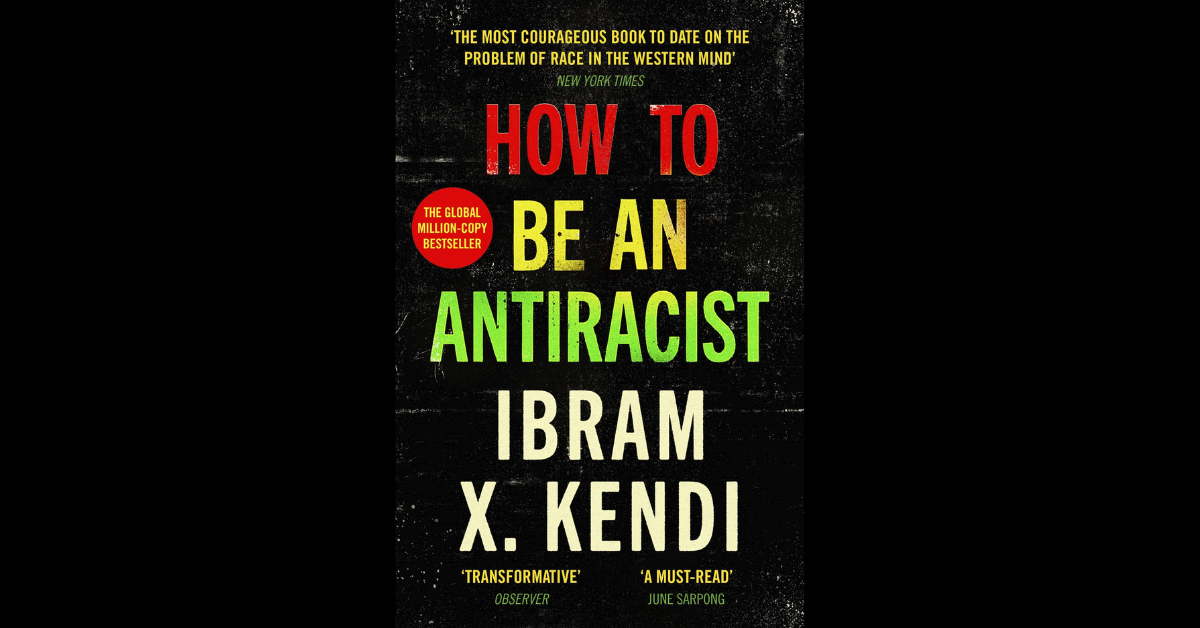
In “How to Be an Antiracist,” Ibram X. Kendi offers a transformative approach to understanding and combating racism. Kendi combines personal anecdotes with historical analysis and social critique, challenging readers to rethink their perspectives on race and racism. This book provides a comprehensive framework for discussing racial equity and justice, making it an essential read for book clubs focused on social issues.
“Born a Crime: Stories from a South African Childhood” by Trevor Noah
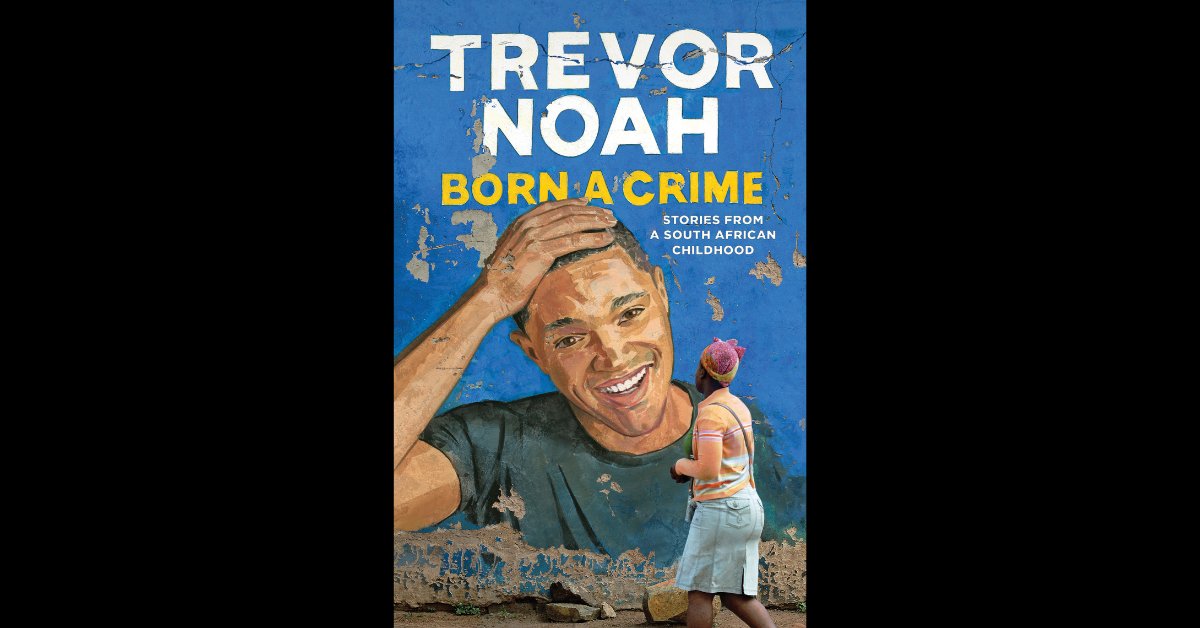
Trevor Noah’s memoir, “Born a Crime,” recounts his experiences growing up as a mixed-race child in apartheid-era South Africa. With humor and insight, Noah shares stories about his family’s struggles, his mischievous childhood, and his journey to becoming a comedian. The book’s blend of humor and poignant reflection offers a unique perspective on issues of race, identity, and resilience, making it a captivating choice for book club readers.
“When Breath Becomes Air” by Paul Kalanithi

Paul Kalanithi’s memoir, “When Breath Becomes Air,” tells the story of his life as a neurosurgeon and his battle with terminal lung cancer. Kalanithi’s eloquent reflections on life, death, and the pursuit of meaning offer profound insights into the human condition. His book invites readers to contemplate the fragility of life and the search for purpose, making it a deeply moving and thought-provoking read for book clubs.
“Just Mercy: A Story of Justice and Redemption” by Bryan Stevenson
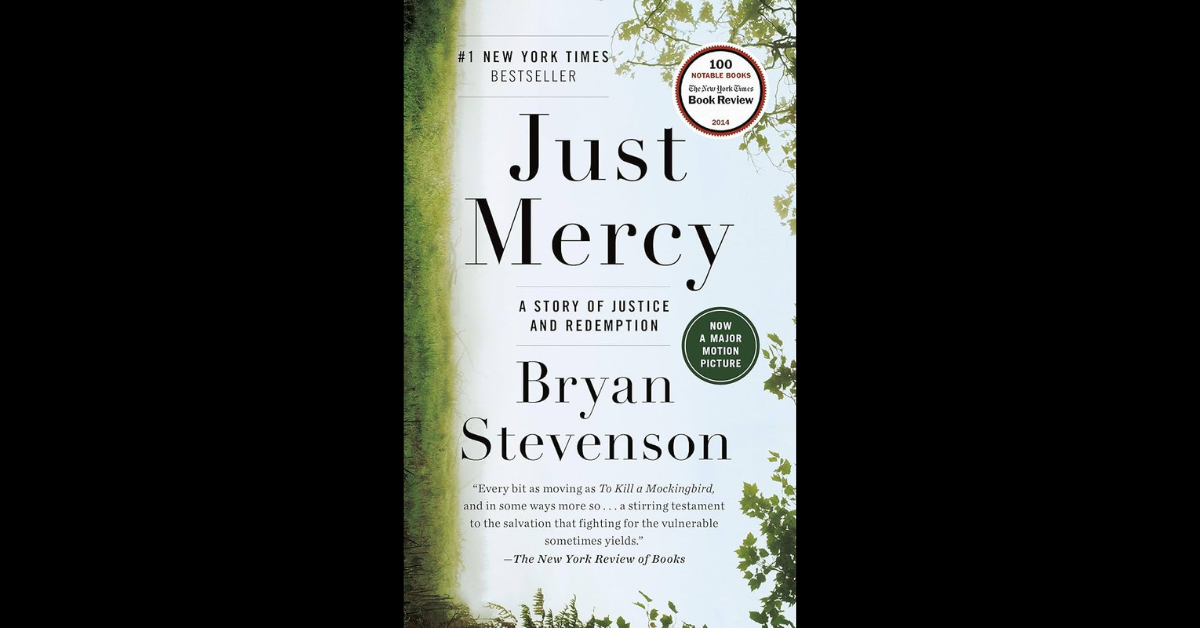
Bryan Stevenson’s “Just Mercy” is a powerful account of his work as a lawyer fighting for justice for the wrongly convicted and marginalized. The book highlights the systemic injustices in the American legal system and the importance of compassion and advocacy. Stevenson’s compelling narrative and dedication to justice provide a basis for rich discussions about law, morality, and social change.




















